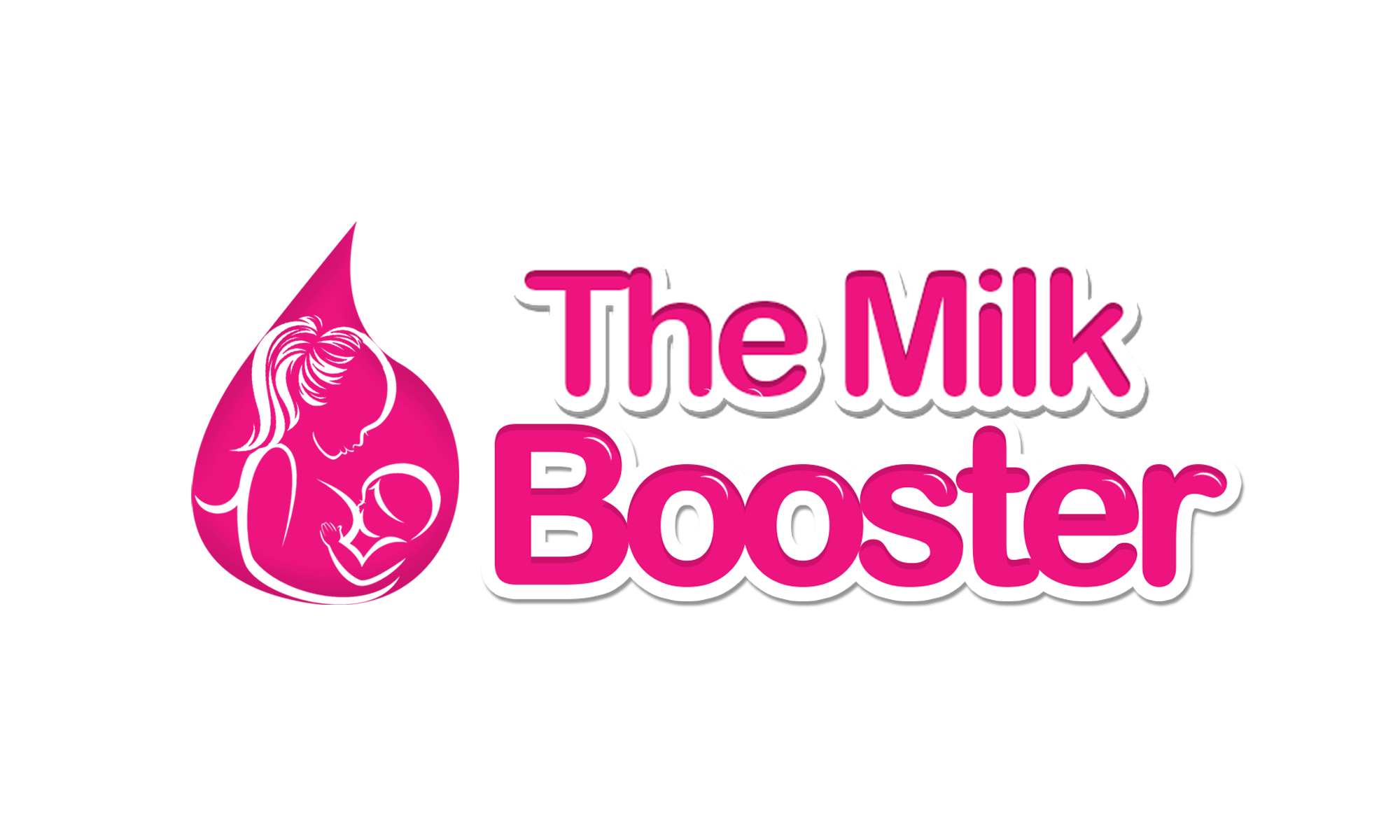The human body is made up of fluids in the form of either blood or water. Due to several activities, a person performs during the day, the body finds a way around losing the right amount of waste. This could be in the form of sweat or urine. A mishap in the process could gradually lead to dehydration.

Dehydration is when the body begins to lose specific amounts of water which could lead to thirst. Research has shown that infants are more likely to get dehydrated quicker than older children or adults. Due to the peculiar nature that babies generally have difficulty communicating, how would one know when a baby is dry and in dire need of water? In this article, we take a look at facts about dehydration in babies.
Dehydration in babies could be as a result of several factors. These factors include diarrhea, vomiting, sweating, fever. It could also be a result of viral or bacterial infections. Viral infections such as Rotavirus, Norwalk virus, and Adenovirus, while bacterial infections could be Salmonella, Escherichia coli, Campylobacter, and Clostridium difficile. Sometimes, dehydration in babies occur because the child refuses to eat or drink. Limited intake of the correct quantity of water would surely lead to dehydration in babies.
Signs and symptoms that could suggest your baby is getting dehydrated include:
1. No tears when a child cries: The baby could constantly be crying, yet not a single tear would form in their eyes; this could indicate that the child is dehydrated.
2. Irritability: At other times, the intensity of the newborn crying increases. In order words, "more crying", sometimes for no apparent reason.
Read more: 6 Awesome Ways your Spouse can Bond with your Breastfed Baby
3. When your baby has no urine release in the diaper for a period of four to six hours: Generally, babies are known for their regular discharge of urine unapologetically. When your child begins to stay for prolonged hours without any release, this could suggest dehydration in babies.
4. Dry or sticky mucous membranes on or around (the lining of the mouth or tongue): When the tongue, which should usually be wet, becomes dry, dehydration has started occurring in your child.
5. Lethargy: When a normal active baby begins to feel less interested and performs with less energy than he does his regular activities, dehydration could be the cause.
6. Fever: If the other signs are not adequately monitored and watched, your child could get a fever which could be the climax of the whole dehydration signs and symptoms.

What then should you do when you begin to see these signs in your baby?
1. See a doctor: Seeing a doctor would help you determine the severity of the dehydration on your baby. It would also help in getting expert advice on the next possible steps to take.
2. Order a laboratory test on your baby: You can ask for specific laboratory tests upon the doctor's recommendation. Tests related to blood should be the primary focus as they would help identify if an infection caused the dehydration.
While at home, the famous saying, 'prevention is better than cure' should be a better remedy when dealing with dehydration in babies. This can be done by regularly by period fluid intake. However, when a child becomes sick and dehydrated due to diarrhea or vomiting, the best way to help the dehydrated baby is to give plenty of fluid for proper fluid replacement.
However, when symptoms begin to persist for more than typical days, do not forget to contact your doctor.











